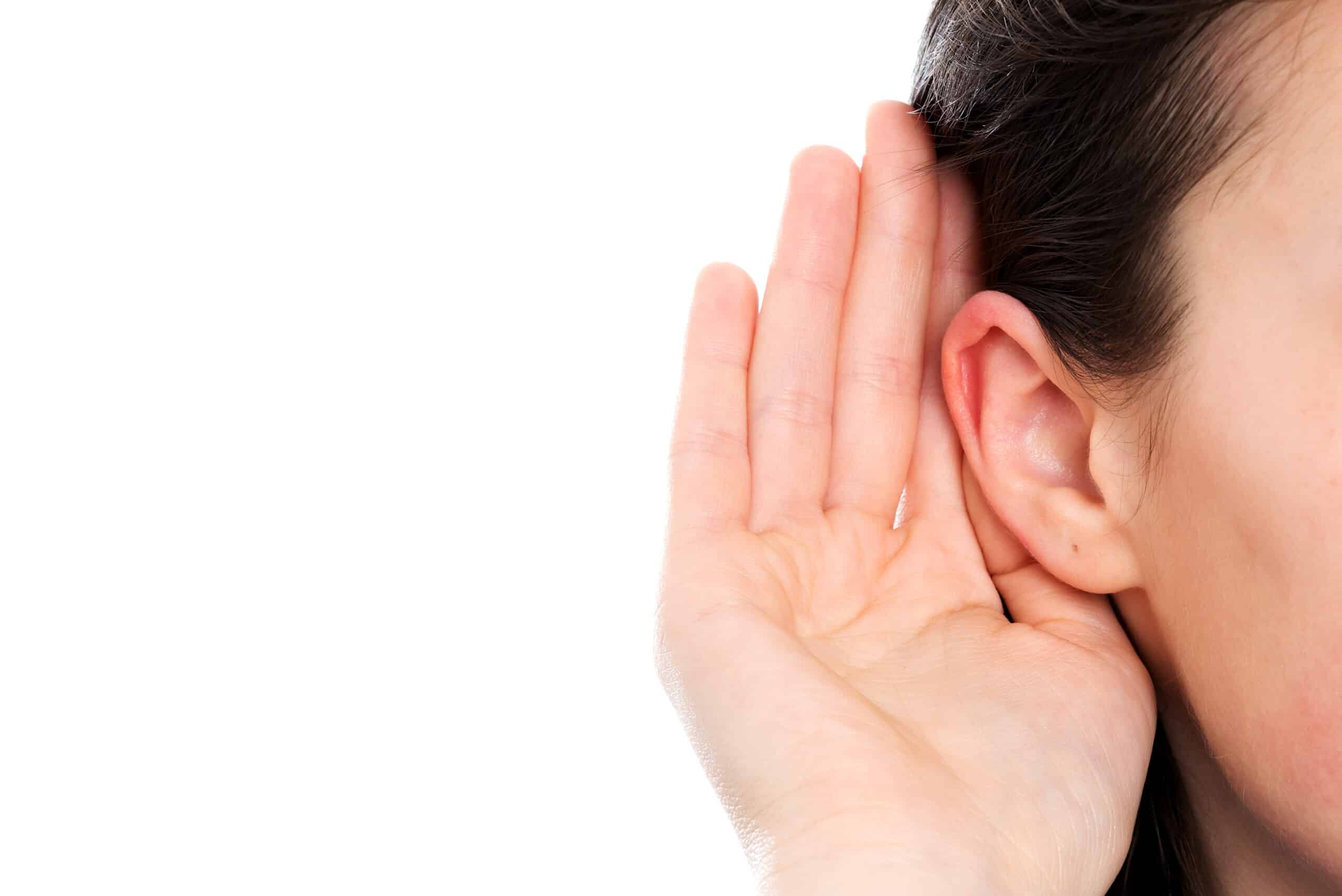I in 3 Americans between the age of 65-74 are estimated to have hearing loss, and over half of those over the age of 75 have difficulty hearing. Hearing issues can make it hard to understand what people are saying, to respond to warnings, doorbells, and carry a simple conversation which can lead to feelings of isolation.
Age related hearing loss typically will occur in both ears, as this loss is gradual most people don’t even realize that they have lost some ability to hear. Often volumes are turned up on tvs and phones without a second thought thinking it’s an issue with the equipment, when in fact they are compensating for hearing loss.
Age related hearing loss has many causes and contributing factors, most commonly arising from changes in the inner ear with age; but it can also arise from changes in the middle ear, or from complex changes along nerve pathways from the brain to the ear, certain medications can also be a factor.
It can be difficult to distinguish between age related hearing loss or loss that occurs from other reasons such as long term exposure to noise. Noise induced hearing loss is caused by exposure to sounds too loud or too long that can damage sensory hair cells in the ears, once damaged these hair cells don’t grow back and diminish the ability to hear. High blood pressure and diabetes can also contribute to hearing loss, as well as some medications which are toxic to sensory cells in the ears such as chemotherapy drugs.
On rare occasion age related hearing loss can be caused by abnormalities of the outer or middle ear, which may include reduced function of the eardrum or reduced function of the three bones on the middle ear that carry sound waves from the tympanic membrane to the inner ear.
There are steps you can take to help protect yourself from noise induced hearing loss, however it is currently not known how to prevent age related hearing loss. Be aware of potential sources of damaging noises such as loud music, fireworks, lawn mowers, firearms, loud machinery, and leaf blowers. Protecting your ears from loud noises and reducing the amount of time exposed to them with ear plugs or ear muffs is probably the easiest thing to do to protect hearing and help to limit the amount of hearing you may lose as you get older.
Problems with hearing can be serious, and can even affect ability to understand and follow important advice from doctors. If you think you have hearing difficulty you should consider seeking advice from a healthcare professional such as a primary care physician, otolaryngologist, audiologist, or a hearing specialist; each has different training and expertise which can be an important part of hearing health.
Depending on severity of hearing loss there are different treatments and a number of devices that can help you hear better such as hearing aids, cochlear implants, bone anchored hearing systems, assistive listening devices, and lip reading or speech reading.
Work with friends and family to make it easier to live with hearing loss such as asking them to look at you when when speaking, seeing faces may make it easier to understand them and directs the sounds straight at you; ask them to speak a bit louder and clearly. Be aware of the noises around you that may be making it harder to hear, background noises often make it hard for people to hear; perhaps turn off the radio or tv when not actively listening and avoid sitting near kitchens.
Typically most older adults with hearing loss experience a combination of age related hearing loss and noise induced hearing loss. Auditory reaction time and highest audible pitch loss are biomarkers of aging which can typically be measured via statistics and machine learning algorithms to reflect their state of health. The earlier loss is detected the sooner steps can be taken to help you hear better.
“Health care professionals can measure highest audible pitch and auditory reaction time and get a percentile ranking for a person’s age and gender by using a device such as the AgeMeter, which also does the same for over a dozen functional biomarkers of aging. Determining how young or old a person functions is the way to validate the results of biochemical and genetic biological age tests and whether aging intervention therapies are working.” Elliott Small, President and founder of Centers For Age Control Inc.




